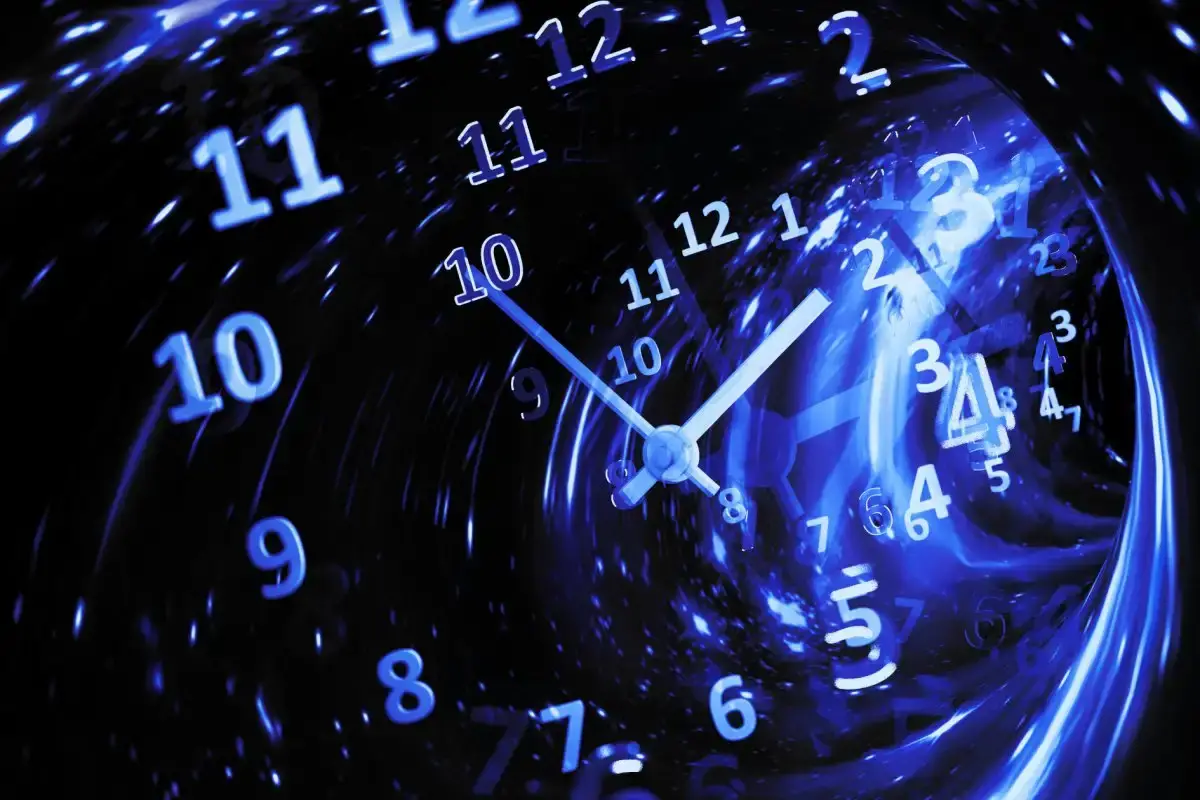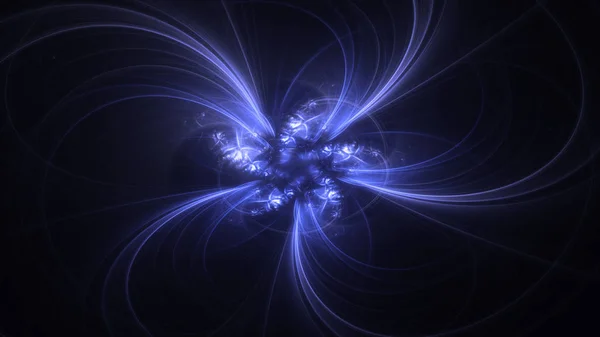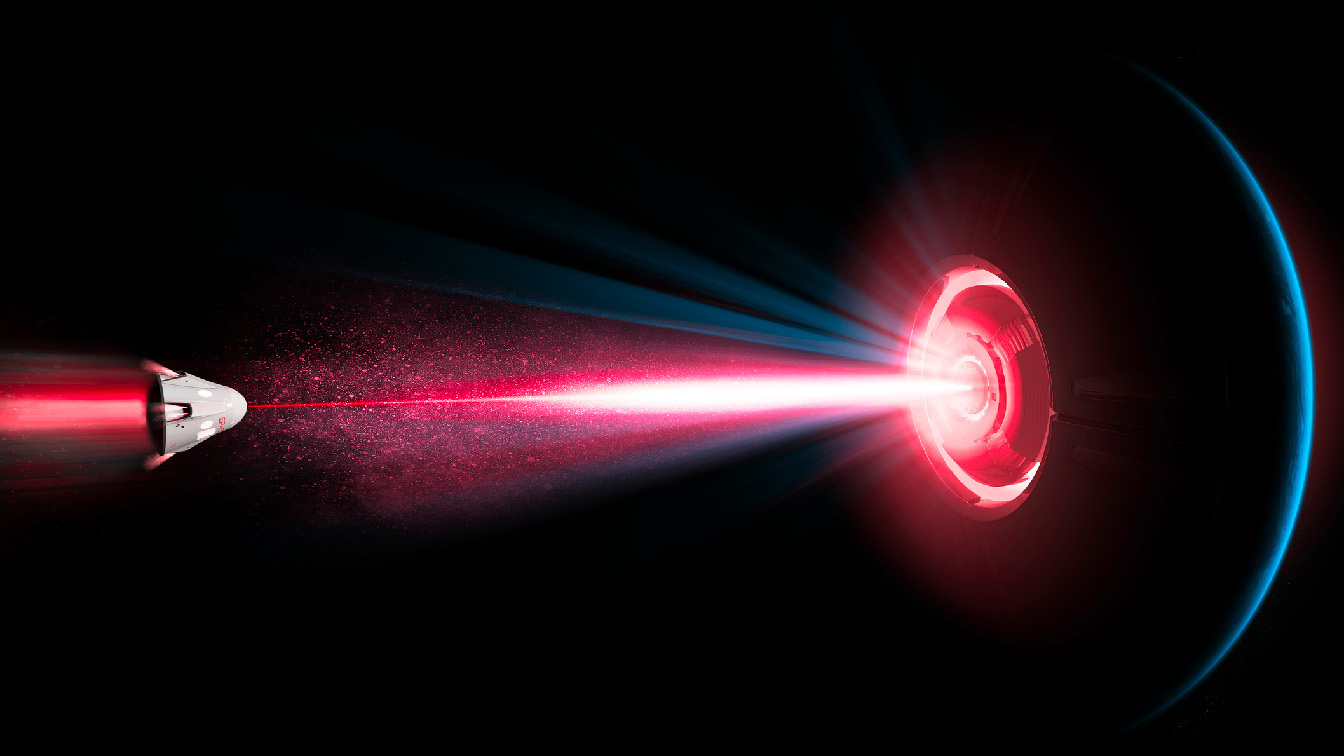Loop quantum gravity suggests time might not exist at any fundamental level of reality.
Key Takeaways
- Physicists and philosophers suggest time might not exist as a fundamental reality.
- If true, our universe may operate on causation rather than time as a basic framework.
- Loop quantum gravity, a leading theory, proposes space and time are made of discrete chunks.
- Without time, understanding how events unfold becomes crucial for agency and accountability.
- A world without time may sound dire, but causation offers a way to preserve daily life.
________
The Search for Quantum Gravity
Physics faces a profound crisis as it struggles to unify two foundational theories: general relativity and quantum mechanics. While general relativity explains gravity and large-scale phenomena, quantum mechanics governs the microscopic world of particles. Despite their individual successes, these theories conflict, prompting the need for a unified framework known as quantum gravity.
One promising approach is string theory, which posits that particles are actually vibrating strings in up to 11 dimensions. However, its lack of testable predictions has spurred alternative ideas, such as loop quantum gravity. This theory envisions space and time as a network of minuscule loops, challenging the notion of time as a fundamental construct. Remarkably, loop quantum gravity suggests time might not exist at all.
Rethinking Time and Reality
If time is not fundamental, could it still “emerge” from something deeper? Physics already describes everyday objects like tables as emerging from the behavior of particles. However, researchers have yet to determine how time could emerge similarly. Without evidence of emergent time, some theories suggest time might not exist at any level.

The implications are staggering. Our lives revolve around time—planning for the future, learning from the past, and holding people accountable for their actions. A world without time appears chaotic, undermining the very idea of agency and purpose.
Despite this, causation may provide an alternative framework. Physics indicates that even without time, causation—the relationship between cause and effect—remains intact. This concept could sustain agency and decision-making by focusing on how actions lead to outcomes, rather than when they occur.
A New Era for Physics
Physicists and philosophers, including Kristie Miller and Jonathan Tallant, argue that the absence of time may not affect daily life as much as it transforms our understanding of the universe. Their work explores how causation could underpin human agency and meaning, even in a timeless reality.
While the possibility of a time-free universe challenges long-held beliefs, it also paves the way for groundbreaking advancements in physics. By redefining our basic assumptions, we may unlock a deeper understanding of the cosmos and humanity’s place within it.
This article is republished from The Conversation under a Creative Commons license. Read the original article.




